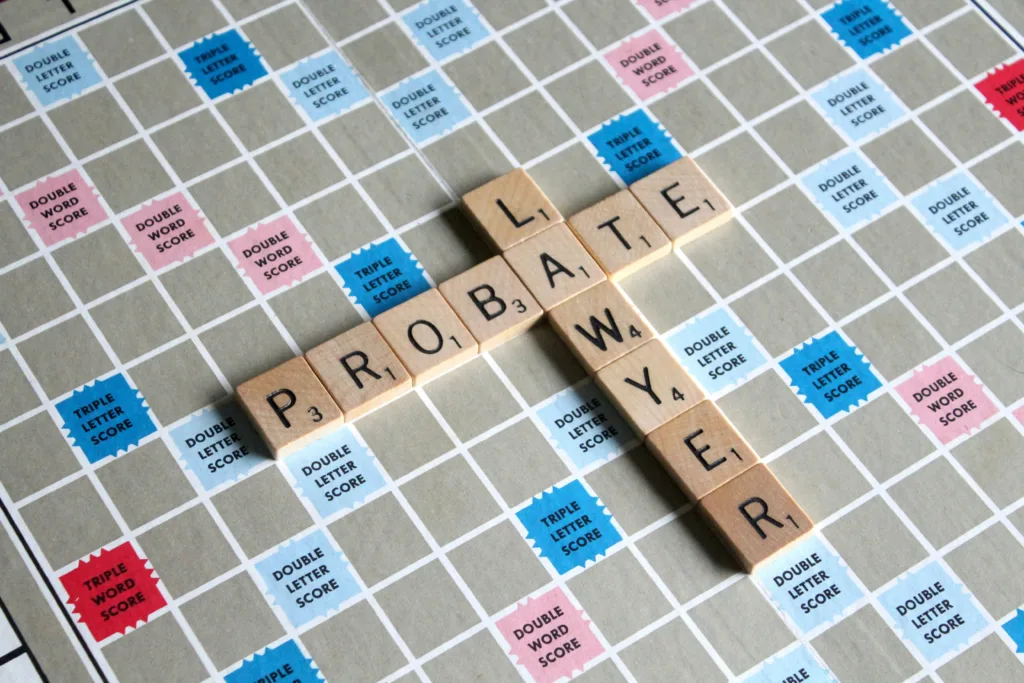Probate is the court-supervised process of gathering your assets, paying off your debts and taxes, and distributing what’s left of your estate to your heirs and beneficiaries. However, that doesn’t have to include all assets.
Your retirement and investment assets have the potential to bypass probate if located in the type of accounts that can transfer upon death to a designated beneficiary. When considering whether to include your retirement and investment accounts in your estate plan, here’s what you need to know.
The Difference Between a Beneficiary Designation and Your Will
Beneficiary designations that bypass the probate process are subject to unique federal and state rules and, in almost all cases, override a will. Accounts allowing beneficiary designations typically include IRAs, 401(k)s, 403(b)s, and some less common types of retirement accounts.
When you open a retirement account, part of the paperwork includes naming beneficiaries. At the time of your death, the financial institutions, referred to as custodians, must disperse those assets to the named beneficiaries.
The contract between the account holder (you) and the custodian replaces the will, keeping the accounts out of probate.
5 Common Mistakes To Avoid With Beneficiary Designations
When faced with making beneficiary designations, people often make the following mistakes.
Failure To Name a Beneficiary
People may forget or never get around to filling out the forms. If you do not name a beneficiary for transfer upon death accounts, then the proceeds will be paid to your probate estate.
Failure To Designate an Alternate
Another way your designation can fail is if you forget to name an alternate. If your primary designation fails and there is no named alternate, your account’s proceeds will fall into your probate estate.
Failing To Update Your Designation
Your retirement accounts can end up probate if your designated beneficiary is no longer alive. The custodian will not pay the heirs of your deceased beneficiaries. Instead, the designation fails, and your account will fall into probate.
Failing To Update Your Beneficiary Designation if You’re Separated or Divorced
Another frequent mistake is forgetting to update your beneficiary designation if you’ve separated or divorced your spouse.
In Hillman v. Maretta, 59 U.S. 483, Warren Hillman was a federal employee who died in 2008 at the age of 66 with a life insurance policy worth $124,558.03. Mr. Hillman divorced his first wife and remarried. Mr. Hillman, for whatever reason, failed to change his beneficiary designation after divorcing his first wife.
His second wife sued. The U.S. Supreme Court decision stated that beneficiary designation prevails and the first wife received all of the life insurance proceeds.
Naming the Wrong Beneficiary
Sometimes individuals fill out their beneficiary designation forms incorrectly.
For instance, multiple people in a family can have similar names (such Sr., Jr., and III). But the beneficiary designation form may not have enough space or be specific enough for the person completing it to include such details. As a result, these details inadvertently get left out.
Similarly, when individuals change their names over time through marriage or divorce, it can cause added confusion.
Key Takeaways
The purpose of beneficiary designation on transfer upon death accounts is to ensure you have an ultimate say over who will get your assets when you’re gone.
Taking the time to select your beneficiaries carefully and then periodically reviewing those choices and making any necessary updates allows you to stay in control of your money.
Call our office today. Our attorneys can help you with all of your estate planning needs.











